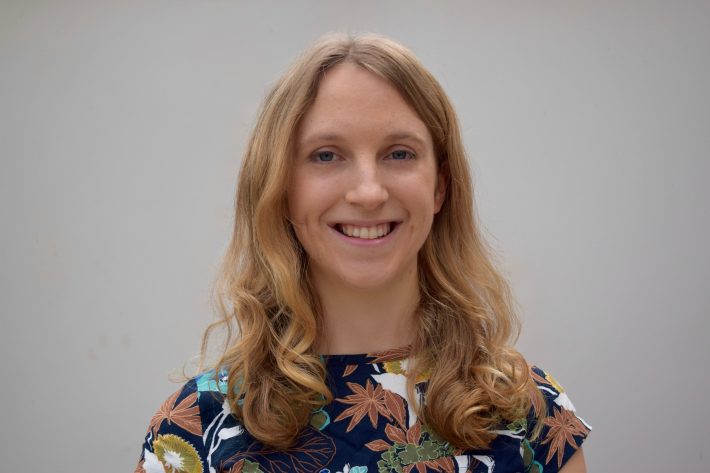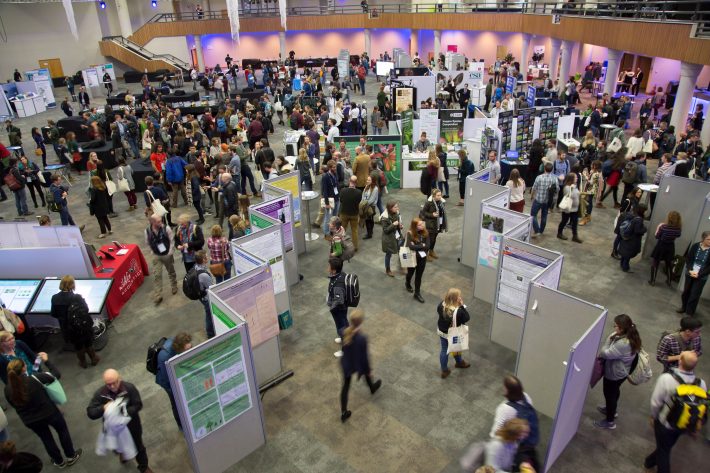Getting into…science communication
After completing a master’s in biology in summer 2018, I was delighted to be offered a 3-month press office internship with the BES, spanning the busy period around the Annual Meeting.

Throughout university, my passion for wildlife and research has led to my involvement in a range of weird and wonderful projects, from dissecting dead wasps in a lab to running around the African bush with a camera and speakers to document the response of dwarf mongooses to noise. However, with life after graduation looming, and unsure if academia was for me, I began considering alternative careers which could still excite my inner biologist, and hopefully contribute something positive to the world.
That’s when I began to explore the world of science communication and came across the BES press office internship. A paid opportunity to read fascinating and topical science, work with other ecology enthusiasts and write creatively – what more could I want? Besides that, since reading the news often feels like a barrage of global tragedies and celebrity scandals, could interesting science news provide a glimmer of hope to the public?
Aside from brightening people’s day with stories ranging from nightjar nests to tropical trees, bringing science and environmental news into the public eye can be a powerful force for good. The success of Blue Planet II was a prime example of this: educating and inspiring the public about the plight of our oceans ignited a ‘war on plastic’, changing consumer behaviour and even governmental policy.

In just three short months at the BES, I was involved in a wide spectrum of press work, from selecting stories from over 700 conference abstracts to pitching newsworthy research to international journalists, and from writing press releases to seeing our work splashed across the headlines. From this I learned about the entire process through which the BES press office gets ecology into the media around the world. I even got the chance to attend a science communication event in parliament and a symposium run by the BES Invasion Science group.
However, the cherry on the top of the three months was undoubtedly attending the Annual Meeting in Birmingham, where more than 1,200 international delegates came together to discuss all things ecological. Over four days I dashed between workshops on communicating research through social media, met the scientists whose work I’d helped to press release, and even got to sit in on a BBC Wildlife Magazine interview with one of the keynote speakers! It was fascinating to meet the inspiring ecologists behind the abstracts I’d been reading, and to learn more about how press work and public engagement can help bring science to wider audiences. The hard work of the press team paid off, with news coverage of research presented at the Annual Meeting spanning all inhabited continents in the world.
I have thoroughly enjoyed my time with the BES: it has been a fantastic learning opportunity and given me a unique insight into the fast-paced world of science communication. It has been a hugely supportive, friendly and enjoyable place to work (where else could you have hearty debates about David Attenborough over lunch?), and I look forward to staying involved with the great work they do in the future.
Emma has also written a feature for the March issue of The Niche, giving a summary of the press work around the BES 2018 Annual Meeting.
Like what we stand for?
Support our mission and help develop the next generation of ecologists by donating to the British Ecological Society.